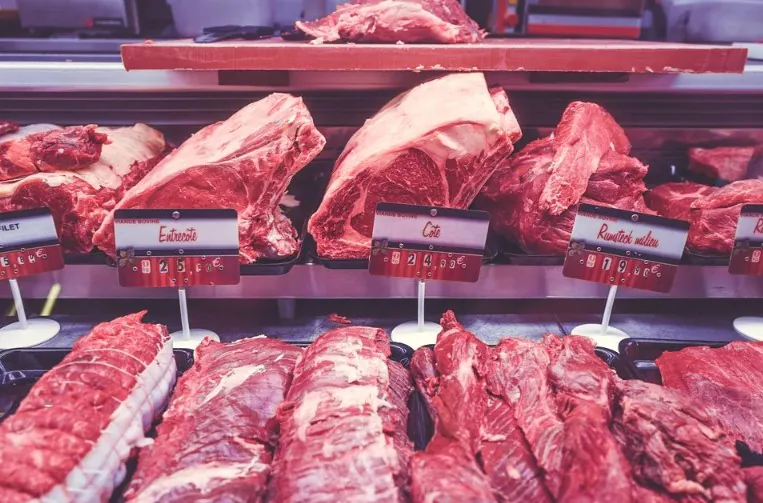E-commerce is a quickly growing industry, with consumers expecting to be able to purchase more and more types of products online. Some categories are more suited to this than others, and food and beverage companies face challenges that others do not. However, with internet and mobile device penetration on the rise and a growing demand for convenience and variety, grocery vendors are beginning to make their way into this space as well.
Who buys food online?
The United States is one country where food and beverage e-commerce is taking off. A Harris Poll conducted in mid-2016 revealed that 31% of US consumers ordered food online in the first half of the year, and that number rose to 45% when discounting those who made no online purchases at all during that period. More than a third of online food shoppers were millennials, and those with income above $50,000 were more likely to buy online than those who made less.
Popular product types
Products that are hard to carry, as well as those that are easy to preserve and ship safely, tend to be more successful in terms of online purchases. Consumers also order staples that they use on a regular basis. According to the poll, snacks were the most popular products ordered over the internet, followed by non-alcoholic beverages and dry packaged goods.
One of the ways consumers are using online ordering is to find food and beverage items they are unable to get from their local grocery stores. More than half of respondents to the Harris Poll took advantage of this, and a quarter of them have reduced the number of grocery shopping trips they take. 5% even said that they had stopped shopping for groceries in-store altogether.
This is of course only one country — the online food and beverage market is at different stages in different regions. The countries with the greatest growth in this area tend to be the ones that have had online grocery shopping the longest, such as the US, the UK, China, Japan, and France. These markets are favorable ones to enter, as they have a customer base already accustomed to the concept and plenty of room for competition.
Finding new ways of reaching the customer
One company that has begun making strides into the online food and beverage retail space is Amazon. Last year, the retailer launched its own private brands of baby food and coffee beans, which are available to Amazon Prime members. This is in addition to Prime Pantry, which allows Prime members to order shelf-stable food products, and AmazonFresh, which offers perishables. AmazonFresh is still only available in select markets, but the company is gradually expanding the operation’s reach.
This growing demand for e-commerce and competition from companies like Amazon are pushing both manufacturers and retailers in the food and beverage industry to look for ways to reach customers online. Grocery stores are beginning to offer and expand on e-shopping and delivery, and manufacturers are researching ways to sell directly to the consumer. Manufacturers are easing into this practice, as many of them are currently not well-equipped to address the challenges of shipping food products with varying weight and handling requirements directly to the consumer.
As the online food and beverage market continues to develop and grow, there will be an increasing number of ways to order groceries online, from subscription services and bulk grocers to more traditional online retail experiences. Organizations are getting creative in how they reach the online consumer, either on their own or with a business partner that has expertise in different areas. And if you’re looking for a business partner of your own, BizVibe can connect you to thousands of companies in multiple industries around the world. Reach out to manufacturers, retailers, customers, and more with BizVibe’s diverse range of companies at your fingertips.



